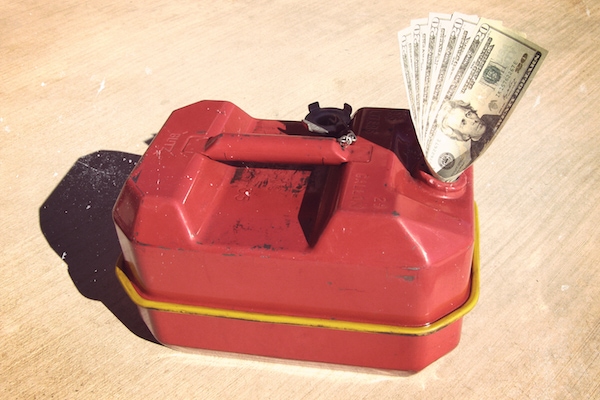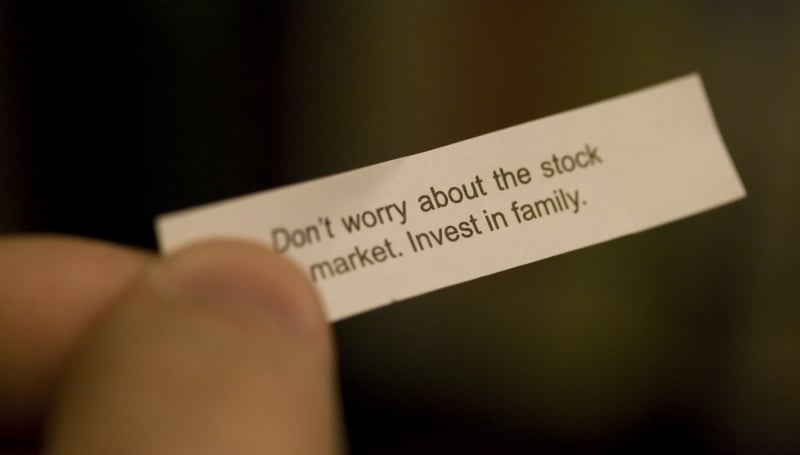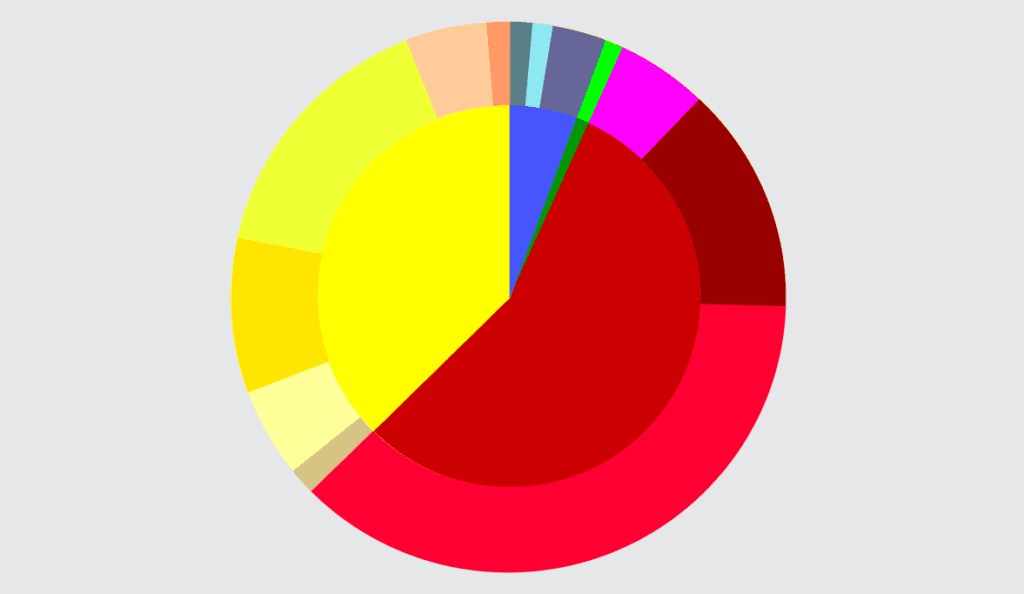Some people never seem to get the basic Stock Market Memo. The Memo, of course, says that Mr. Market can be suddenly and dramatically volatile, especially in the short term. Even over the longer term, markets are prone to long periods of volatility, seemingly irrational swings, and unexplained bouts of calm.
In the midst of such a bout of calm – which we have been experiencing for the past couple of years – some investors convince themselves that it is always possible to ride prices up without being exposed to sudden price declines. They assume they can figure out where the air pockets are and are waiting to ‘get out of the market’ before everybody else at the first sign of trouble, essentially playing musical chairs with their (or your) money. It doesn’t matter whether anything fundamental has changed or whether the long-term outlook has worsened. What matters is that someone gets the jitters and everybody scrambles not to be left behind.
The recent market decline seems to have been one of these events.
The World Is Full of Problems – As Usual
But aren’t there are all kinds of risks in the world to worry about? Isn’t it time to get out of stocks? The Greek prime minister has resigned! That must be a reason to sell. China has devalued its currency. World commerce will grind to a halt! Chinese stocks are tanking! Head for the hills! The Federal Reserve is thinking about raising US interest rates. More trouble ahead!
 It probably wouldn’t matter to individuals who are determined to be skittish to point out that it is quite possible to take in all of this news without assuming that the world is about to end. Is a change in the internal political structure of a country whose GDP is a little less than half the market capitalization of Apple Computer really going to matter all that much to the US economy? Especially since it looks like Greece has gotten another lifeline of cash from the EU? It is true that Chinese speculators are getting burned as the Shanghai Composite Index continues to plummet, but most US investors are prohibited from investing in that market anyway. And even if the market cap numbers of PetroChina and China Merchants Banks are swooning, does that mean that Google and JP Morgan and Proctor & Gamble are less valuable?
It probably wouldn’t matter to individuals who are determined to be skittish to point out that it is quite possible to take in all of this news without assuming that the world is about to end. Is a change in the internal political structure of a country whose GDP is a little less than half the market capitalization of Apple Computer really going to matter all that much to the US economy? Especially since it looks like Greece has gotten another lifeline of cash from the EU? It is true that Chinese speculators are getting burned as the Shanghai Composite Index continues to plummet, but most US investors are prohibited from investing in that market anyway. And even if the market cap numbers of PetroChina and China Merchants Banks are swooning, does that mean that Google and JP Morgan and Proctor & Gamble are less valuable?
What makes all of this drama and agita entertaining – and yes, sometimes scary – is the fact that there is actually so little net change, as people soon realize that they overreacted and greed again edges out fear, and they decided they got out too soon. In fact, the US S&P 500 index has declined less than 5% this year to date, and was positive for the year as recently as August 19th. It is true that emerging markets stocks have experienced larger declines, but they generally experience more dramatic swings – including dramatic upside swings – than US blue chip stocks.
If you’re looking for a more balanced and thoughtful picture of our current economic picture, you could do worse than read a recent Fortune magazine article that points out all of the “terrible news” that should be keeping us Americans up at night. For example:
• Our gas tanks are now cheaper than ever to fill. We simply have to figure out what to do with all of the extra cash!
• Businesses that use a lot of energy as inputs will now also need to figure out what to do with all of their additional profits.
• American corporations in general are now sitting on such enormous piles of cash that they may have no choice but to return some of the lucre back to shareholders in the form of dividends.
• Is there pressure on US corporate profit margins? Perhaps. It seems that unemployment is getting low enough to start pushing up wages for the rank and file, resulting in more money getting spent in the economy, which I guess is more terrible news.
So now is the right time to sell all of our stocks and wait until things finally all look better, right?
Down, and Up Again
I don’t think that any experienced market observer would be surprised if the US stock market experienced a 10% or even a 20% decline in the next 12 months or so. So? How should that information affect what a long-term investor is doing today? Here’s the $64-thousand-dollar question: if you don’t need your money for at least 3 years – which is the definition of a long-term investor – then how can you be assured that there will be a better time to ‘get back in’ the market after having gotten out?

Market shenanigans like those we’ve been experiencing lately do, however, serve a useful purpose. They serve to remind us that stock investing is a long-term proposition. If you really do need your capital within the next 12 months in order to feed yourself of your family, you should be investing in something other than stocks. (And if that’s true for you, give us a call and we can talk to you about your alternatives.)
If you’re a 30-something saving for retirement, however, you can safely pull a Rip van Winkle and go back to sleep for the next 20 years. You’ll wake up to a different world with higher overall asset prices, all without the bother of worrying about the market ups and downs in the meantime.
For now, well, we’ll all probably be better off using the energy that we would otherwise waste worrying to do something fun or relaxing, like playing with the dog or watching a good movie. That will bring down your blood pressure and save you money on your medical bills in the long term. What great investment idea!
24 August 2015



